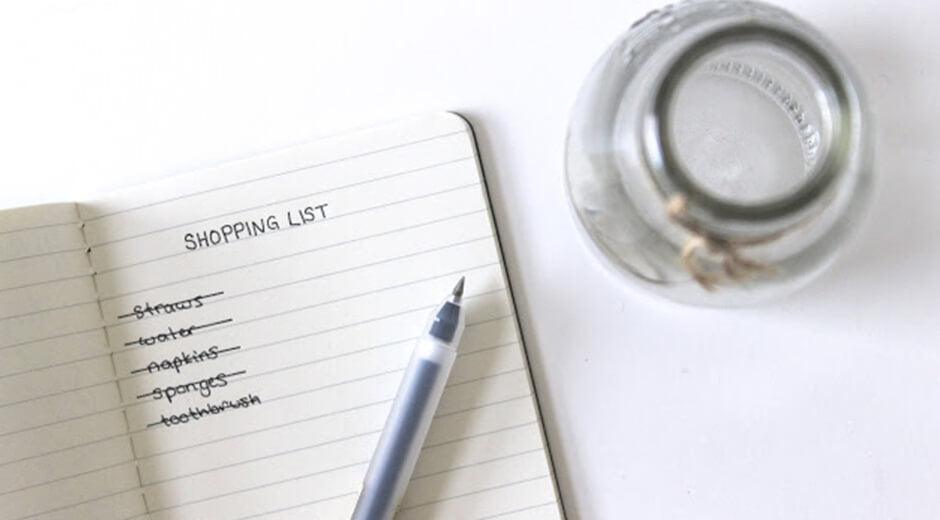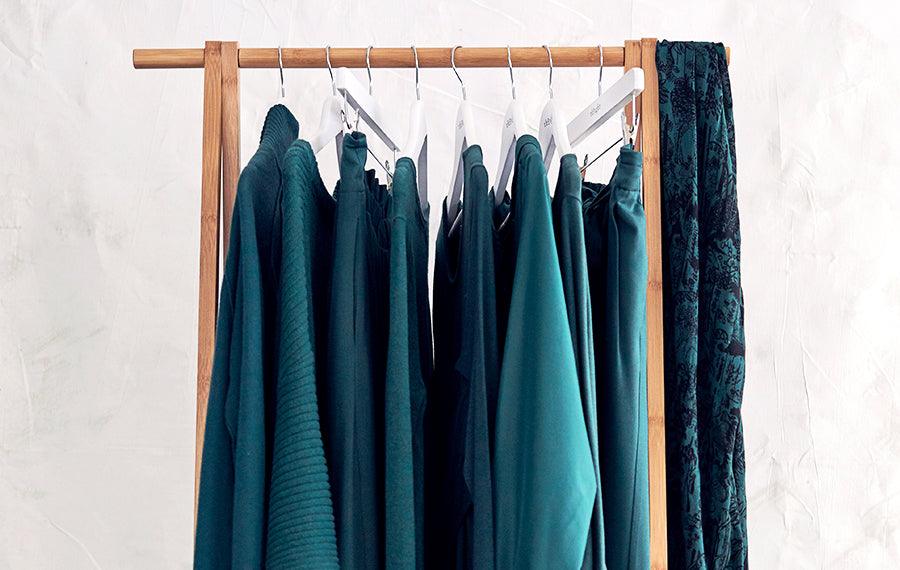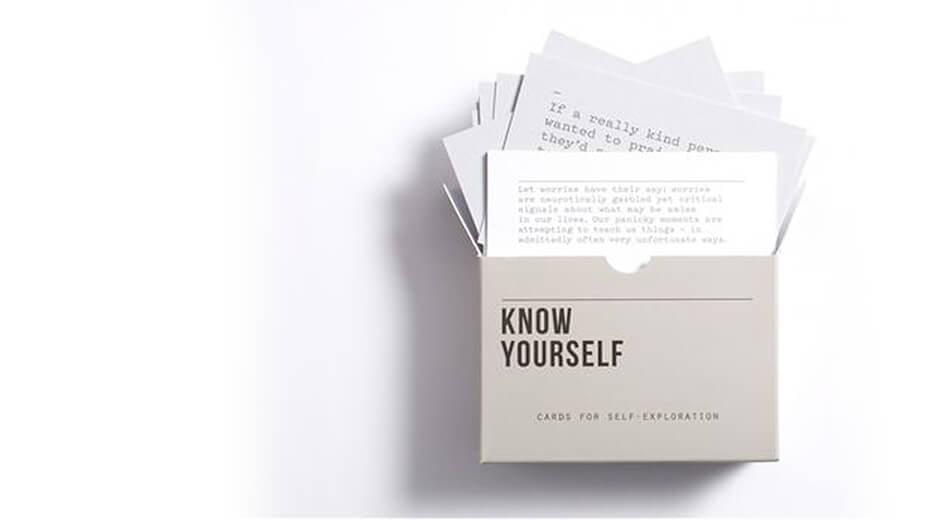
5 Tips For Creating a Zero Waste Lifestyle
With the population growing, consumerism at its highest, and our throw-away culture becoming ever stronger, we humans are producing more waste than ever before. Today, I’m introducing one of our new thoughtful friends Sophie Ollis, founder of Soph’s Choices. She is a true advocate of all things sustainable and prides herself in her zero-waste, minimalist lifestyle. We loved Sophie’s blog post, 11 Things I Don’t Buy, and have used it as inspiration for our own – here are our top 5 things you should avoid buying to help you on your way to a zero waste lifestyle.


 Jo also shows you how to avoid using plastic containers, by making your own Beauty Recipes. To read, click here.
Jo also shows you how to avoid using plastic containers, by making your own Beauty Recipes. To read, click here.

5 Tips To Help You Create A Zero Waste Lifestyle
Plastic Toothbrushes
By all means use the toothbrush you've got until it's reached the end of its life. But when it comes to renewal, make sure you buy an eco-friendly option. Bamboo toothbrushes are a prime example of this, as they’re compostable so you can throw them in with food waste. Watch out though – some brands use pig hair for bristles which isn’t vegan or cruelty-free! Sophie likes to use ones with BPA-free nylon4 bristles (which are also biodegradable) to ensure that she does not contribute to animal suffering.
Micro-Beads
Whatever you do, make sure you stop using products containing micro-beads. These can be found in toothpaste, face washes, body scrubs and shower gels, and are tiny beads of plastic that are sold to you under the guise of 'exfoliation'. These beads are being washed down sinks all over the world at such a rate that they're filling the ocean fast and in turn, killing ocean life. Instead, choose products that have natural exfoliates such as salt, coconut or clay. You’ll find that these are considerably better for your skin, too!Tea Bags
Most tea bags are not completely biodegradable, made up of around 20% polypropylene. Sophie ditched the bags and now opts for loose-leaf tea instead. Loose-leaf tea is not only best for the environment and your compost, it's also far cheaper and much tastier too!Sponges
The majority of us use sponges on a daily basis, but a kitchen sponge takes over a year to decompose (and those are the ones not wrapped in plastic bin bags). Most households go through 1 sponge per week – that's around 55 sponges going into the landfill before 1 can decompose, which isn’t sustainable at all! So instead, why not use a brush made from bamboo? These are far more biodegradable and sustainable. Note: make sure your brush doesn't have any plastic elements to it like the handle or head – this, of course, is not sustainable.Cling Film and Tin Foil
Giving up tin foil and cling film (saran wrap in the US), sounds pretty difficult as most of us rely on them for a variety of things. Instead of wrapping up left overs or using it to pack your lunch, use glass jars which will keep your food fresher for longer, keep your fridge more organised so you can see what you have, and are easy to chuck in your bag without squashing what's inside. If you're used to putting your leftovers into a bowl and cling-filming the top, simply use a plate on top instead. It's easier, quicker, and 100% zero-waste. It may seem somewhat daunting, but by swapping to sustainable alternatives, and transitioning to a completely zero waste lifestyle can be a liberating process, and has some wonderful benefits; you’ll eat cleaner, feel better and save money (as you will no longer need to make frequent re-purchases) as well as avoiding having to do the bins! Jo also shows you how to avoid using plastic containers, by making your own Beauty Recipes. To read, click here.
Jo also shows you how to avoid using plastic containers, by making your own Beauty Recipes. To read, click here.



